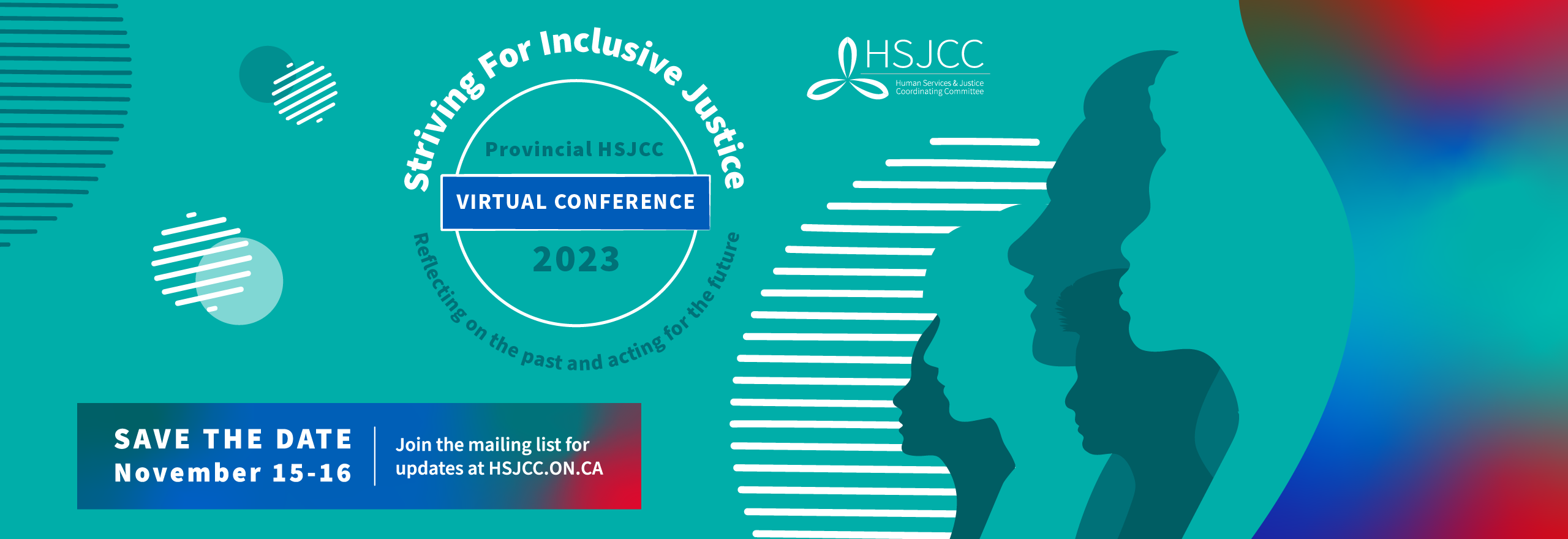ABI and the Justice System: A Case Study Approach – Poster [2023-11]
Individuals with acquired brain injury, with a variety of cognitive and emotional challenges, face unique obstacles while trying to navigate a complicated process in the justice system. This poster presentation is designed to create a better understanding of ABI and
Acquired Brain Injury and Addictions-Mental Health Collaborative – 2019-11-04
Over several months, a 20-member, multi-sector (hospital and community-based rehabilitation, hospital and community-based mental health and addictions and women’s shelter) and lived experience working group in Southeastern Ontario (SEO) met to develop a mechanism for addressing the complex, unmet needs
Building Confidence and Bridging Gaps through Education [2023-11-16]
Historically, services for individuals with multiple co-morbidities have operated within the silos of their respective service streams. This left gaps in care that stemmed largely from a lack of awareness and understanding. Through the use of education, Provincial Acquired Brain
Getting the System to Work Together for Persons After Brain Injury with Complex Needs – Poster [2023-11]
Ontario lacks an equitable system of care for traumatic brain injury (TBI); quality of care and health outcomes depend on where you live, available funding, and severity/type of injury. These inequities are magnified for persons with complex needs. By engaging
Hamilton Acquired Brain Injury-Corrections Working Group – Integrating Multiple Sectors for Better Complex Case Management – 2015-11-18
This presentation will describe the development of the Hamilton Acquired Brain Injury (ABI) – Corrections Working Group which addresses the concerns of adults suspected of having an ABI, are at high risk in the community and have frequent contact with the criminal
Legal Education Awareness Project (LEAP) ABI Justice Toolkit – Webinar – 2020/11/24
Webinar Synopsis This training will provide information on BIST’s Legal Education Awareness Project (LEAP), a web-based toolkit developed in partnership with the Law Foundation of Ontario to increase knowledge and awareness of challenges faced by persons with brain injury in
Special Populations Primer: Acquired Brain Injury and Fetal Alcohol Spectrum Disorder
To provide an overview of acquired brain injuries and fetal alcohol spectrum disorder and how individuals experiencing these conditions come into contact with the justice system. Across Ontario, many Human Services and Justice Coordinating Committees (HSJCCs) work with these populations
Traumatic Brain Injury and the Catch-22 Conditions of Community Supervision [2023-11-16]
The prevalence of traumatic brain injury (TBI) among justice-involved populations is high, ranging from 35.7% to 88.0%. TBI is associated with a range of cognitive, behavioural, emotional, and communication challenges that complicate compliance with standard conditions of probation, parole, and
Traumatic Brain Injury and the Criminal Justice System – West Toronto Lunch & Learn – 2022-04-19
Learning Objectives: 1. Understand Traumatic brain Injury (TBI) and the associated cognition, communicationand behavioural challenges2. Understand TBI as a risk factor for criminal justice involvement and the prevalence incorrectional populations3. Understand supervision condition challenges for people with TBI4. Learn strategies
Traumatic Brain Injury and the Justice System – Webinar – 2019-01-10
This webinar will provide an overview of an innovative, multifaceted research program that aims to facilitate the integration of services for persons with traumatic brain injury and mental health and/or addiction issues by addressing relevant knowledge gaps. The program aims
Traumatic Brain Injury in the Criminal Justice Population [2014-02-11]
This webinar discusses the prevalence of traumatic brain injury (TBI) and its implications for the criminal justice system. It also addresses the causes, consequences, and signs of TBI, as well as the relationship between TBI and co-occurring behavioral health disorders.
Understanding the Implications of Undiagnosed Brain Injury in Childhood – 2015-11-17
When childhood brain injury is identified and treated a legacy of trauma, mental health and addiction challenges, contact with the justice system can be prevented and/or reduced in severity. Understanding the Implications of Undiagnosed Brain Injury in Childhood – 2015-11-17


